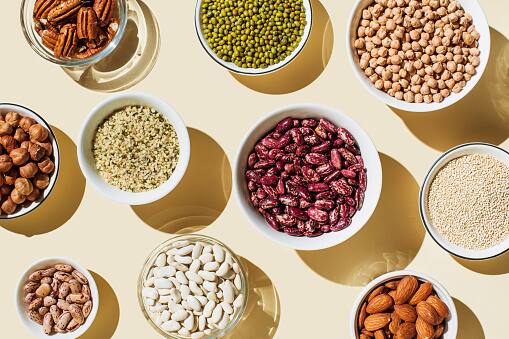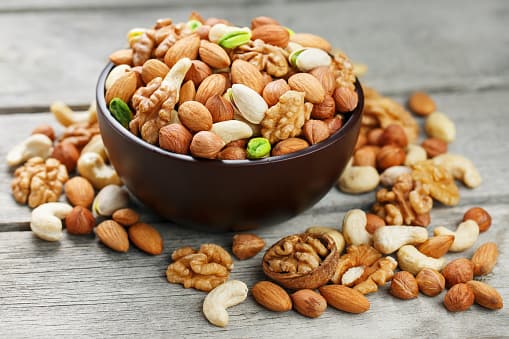World Health Day 2024: 8 Simple Ways To Reduce Sugar In Your Diet
[ad_1]

1. Watch what you eat: Insulin enables your body to consume and store sugar for energy once it has converted carbohydrates to sugar. Planning meals and keeping an eye on your food consumption will help your body better regulate blood sugar. Long-term advantages can be obtained from a low-carb diet, which also helps prevent sugar spikes. (Image Source: Getty)

2. Increase your fibre intake: Fibre slows down the body’s absorption of sugar and the digestion of carbs. In other words, it encourages blood sugar levels to rise more gradually. While all forms of fibre are beneficial to the body, soluble fibre is the most effective in enhancing blood sugar regulation. Diets high in fibre also assist in controlling type 1 diabetes by assisting the body in controlling blood sugar. Examples of foods high in fiber include whole grains, legumes, and fruits among others. (Image Source: Getty)

3. Eat moderate portions: By consuming fewer calories, portion management enables you to keep your weight in check. Maintaining a healthy weight lowers the chance of acquiring type 2 diabetes and supports normal blood sugar levels. (Image Source: Getty)

4. Consume meals high in magnesium and chromium: Deficits in minerals that control blood sugar, such as magnesium and chromium, are associated with elevated blood sugar levels. Foods high in chromium include nuts, fruits, vegetables, and meats. Dark, leafy greens, pumpkin and squash seeds, tuna, whole grains, dark chocolate, bananas, and beans are among the foods high in magnesium. (Image Source: Getty)

5. Stay hydrated: Water consumption aids in the kidneys’ removal of excess sugar. According to one study, those who consume more water are less likely to experience high blood sugar. Keep in mind that water is the best beverage as sugar-laden beverages cause blood sugar to rise even more. (Image Source: Getty)

6. Get regular exercise: Regular physical exercise helps to increase insulin sensitivity, which will enable your cells to utilise blood sugar more effectively and lower blood sugar levels. Weightlifting, brisk walking, jogging, cycling, dancing, hiking, and swimming are all excellent types of physical activity. (Image Source: Getty)

7. Control your stress: Blood sugar is impacted by stress as well. Stress and blood sugar levels can be lowered with the help of exercise, relaxation techniques, and meditation. (Image Source: Getty)

8. Get adequate sleep: Unhealthy sleeping patterns can raise hunger and encourage weight gain, which can have an impact on blood sugar. Lack of sleep raises cortisol levels, which are crucial for controlling blood sugar. (Image Source: Getty)

Inputs by: Dt. Komal Malik, Head – Dietician, Asian Hospital Faridabad (Image Source: Getty)
Published at : 06 Apr 2024 12:10 PM (IST)
[ad_2]
Source link




